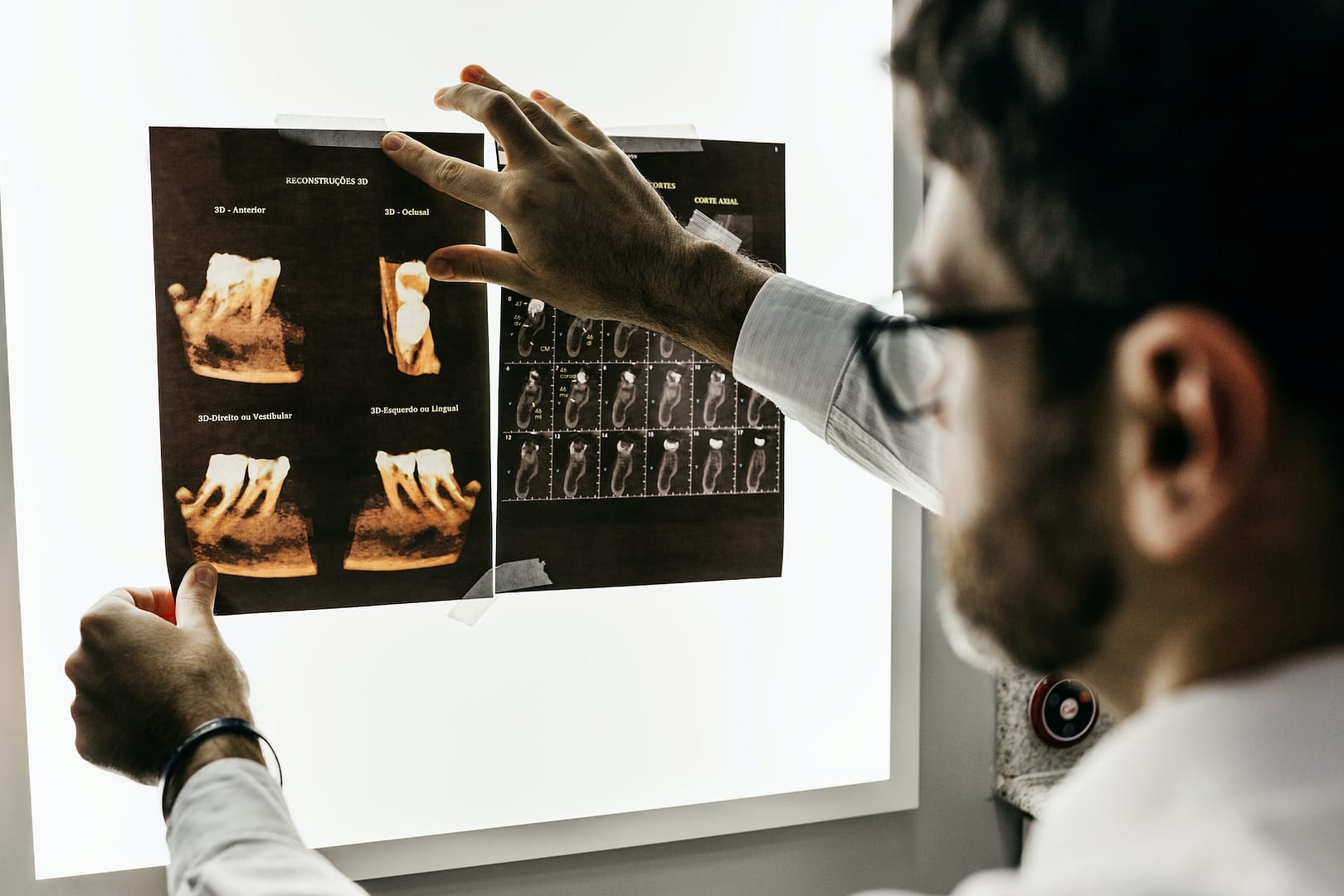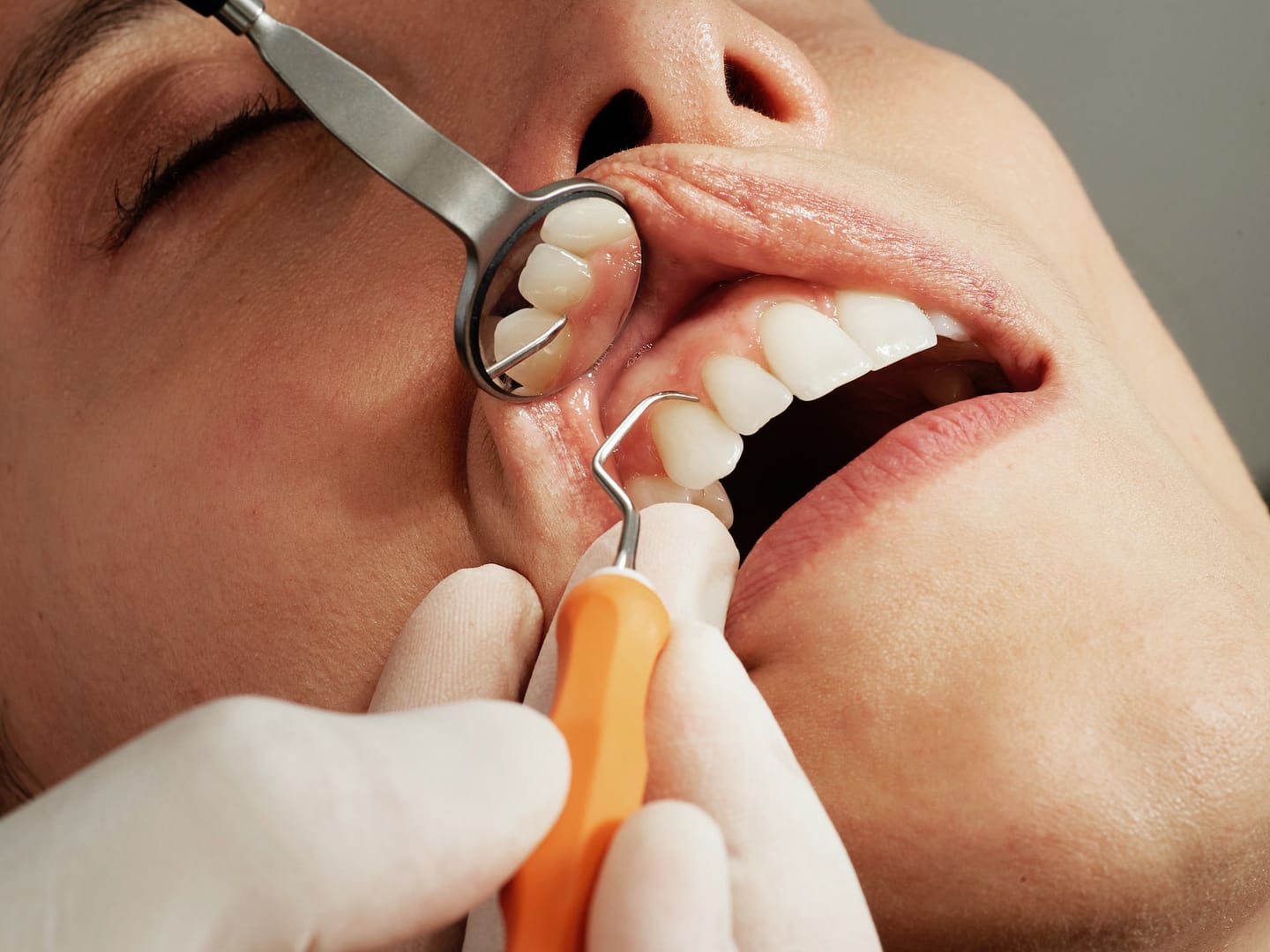Dental Negligence in the UK is a critical issue that affects countless individuals seeking oral healthcare. As we delve into this topic, we will explore what constitutes dental negligence, the most common dental complaints, and the implications it carries for patients across the United Kingdom. We will also walk you through the steps you need to take when making a clinical negligence claim.
What Counts as Dental Negligence?
Dental negligence, as the term implies, refers to the failure of dental professionals to provide an acceptable standard of care, leading to harm or suffering on the part of the patient. While most dentists are dedicated to their patients’ well-being, instances of negligence can and do occur. It’s essential to understand what falls under this category.
Dental negligence can manifest in various forms, some of which include:
Misdiagnosis or Delayed Diagnosis: Dentists may misdiagnose a dental condition or delay its diagnosis, allowing it to worsen over time. This could lead to severe complications that could have been prevented with timely intervention.
Inadequate Treatment: Providing substandard treatment or failing to follow the standard procedures and protocols can result in harm to the patient. This may involve improper surgical techniques, the use of faulty materials, or the neglect of proper hygiene.
Wrongful Extractions: Extracting the wrong tooth or performing unnecessary extractions can cause significant pain and suffering to the patient, often leading to the need for additional corrective procedures.
Prescription Errors: Incorrectly prescribed medications or dosage can have serious repercussions. This can lead to allergic reactions, adverse side effects, or complications from the underlying condition.
Infections: Poor infection control and hygiene in dental clinics can lead to patients contracting infections. This is especially concerning in the context of blood-borne diseases like HIV or hepatitis.
Nerve Damage: Dental procedures that damage nerves in the mouth, such as lingual or inferior alveolar nerve damage during extractions, can lead to long-term sensory and functional problems.
Uninformed Consent: Failure to fully inform patients about the risks, benefits, and alternatives to a procedure can be considered negligence. It’s vital that patients have all the information needed to make an informed decision about their treatment.
The Most Common Dental Complaint
Among the numerous dental complaints that patients in the UK may face, one of the most prevalent is related to the extraction of wisdom teeth. Wisdom teeth, or third molars, typically emerge in late adolescence or early adulthood. For many, these teeth can cause a host of issues, including pain, infection, and impaction.
Patients often seek the extraction of these troublesome teeth to alleviate discomfort and prevent further dental problems. However, not all wisdom tooth extractions proceed without issues. Dental negligence can rear its head in this common dental procedure, leading to adverse outcomes for patients.
Some of the common dental negligence scenarios involving wisdom tooth extraction include:
Nerve Damage
Wisdom teeth are often located near major nerves in the mouth, such as the inferior alveolar nerve. Improper extraction techniques can result in damage to these nerves, leading to tingling, numbness, or even loss of sensation in the lower lip, chin, and tongue. This can have profound and lasting effects on a patient’s quality of life.
Infection
Inadequate infection control during wisdom tooth extraction can lead to postoperative infections. Patients may experience pain, swelling, and the need for additional treatments, such as antibiotics and drainage of pus. Negligence in maintaining proper hygiene and sterilisation standards can contribute to these infections.
Unnecessary Extractions
Another issue that patients face is the unnecessary extraction of wisdom teeth. This may occur due to a lack of accurate diagnosis or a dentist’s inclination to perform extractions as a routine preventive measure. Unwarranted extractions can result in permanent tooth loss and require costly and time-consuming restorative work.
Mismanagement of Complications
While wisdom tooth extractions are generally straightforward, complications can arise during or after the procedure. Dentists are responsible for managing these complications promptly and effectively. Failure to do so can lead to severe pain, infection, or prolonged recovery.
Lack of Informed Consent
As with any dental procedure, it is crucial for dentists to obtain informed consent from the patient before extracting wisdom teeth. This means providing a clear explanation of the procedure, potential risks, benefits, and alternatives. Failing to do so can constitute dental negligence.
The Legal Implications
Dental negligence is not only a matter of patient suffering but also of legal responsibility. Patients who believe they have experienced dental negligence may seek legal redress through the UK’s legal system. To hold a dentist or dental practice accountable for negligence, patients must meet certain criteria:
Duty of Care
To establish a dental negligence case, the patient must demonstrate that the dentist owed them a duty of care. In the context of dental treatment, this duty of care is assumed when the patient seeks and receives treatment.
Breach of Duty
The heart of a dental negligence case lies in proving that the dentist breached their duty of care. This means showing that they deviated from the standard of care expected from a reasonable, competent dentist in the same situation.
Causation
In addition to proving a breach of duty, patients must establish that this breach caused them harm. They must demonstrate that the dentist’s actions or lack thereof directly resulted in their injuries or suffering.
Damages
Finally, patients must show that they suffered damages as a result of the negligence. These damages can encompass physical pain, emotional distress, financial losses, or other negative consequences.
Taking a dental negligence case to court can be a complex and lengthy process, often requiring expert testimony and a detailed review of the patient’s dental records. It is essential for patients to consult with experienced legal professionals who specialise in medical and dental malpractice.
Preventing Dental Negligence
While dental negligence cases can lead to legal action, it’s crucial to focus on prevention. Dental professionals and patients both play a role in ensuring that dental care is safe and effective.
For Dental Professionals:
Training and Continuing Education
Dental professionals must undergo rigorous training and stay current with the latest developments in the field. This includes attending continuing education courses to refine their skills and knowledge.
Infection Control
Maintaining high standards of infection control is paramount. Dentists and their teams must follow strict hygiene and sterilization protocols to prevent the spread of infections.
Informed Consent
Dentists must obtain informed consent for procedures, ensuring that patients fully understand the nature of the treatment, potential risks, and available alternatives.
Effective Communication
Clear and effective communication with patients is essential. Dentists should encourage patients to ask questions, voice concerns, and provide detailed post-operative care instructions.
For Patients:
Research and Choose Wisely
Patients should research dental professionals, considering their qualifications, experience, and reputation. Choosing a dentist with a strong track record of patient satisfaction can reduce the risk of negligence.
Ask Questions
Don’t be afraid to ask questions about your treatment plan, the expected outcomes, and potential risks. A competent dentist should be happy to provide explanations and address concerns.
Seek Second Opinions
If you have doubts about a recommended procedure or diagnosis, it’s wise to seek a second opinion from another dental professional.
Maintain Records
Keep records of your dental visits, treatments, and any correspondence with your dentist. These records can be valuable in the event of a dispute or negligence claim.
Dental negligence in the UK is a matter of great concern, but it is one that can be mitigated through education, awareness, and the responsible actions of both dental professionals and patients.
Making a Clinical Negligence Claim with National Claims
At National Claims, we understand the significance of dental negligence and the distress it can cause. We are here to guide you through the claims process, ensuring that you receive the compensation and justice you deserve.
How We Can Help
Our team of experienced solicitors specializes in medical and dental negligence cases, including dental negligence in the UK. We know that the process of pursuing a clinical negligence claim can be daunting, but we are here to support you every step of the way.
Initial Consultation
Your journey with National Claims begins with an initial consultation. During this session, our legal experts will listen to your story, evaluate the circumstances of your dental negligence case, and assess its merits. This consultation is entirely confidential and comes at no cost to you.
Gathering Evidence
To build a strong case, it’s crucial to gather all relevant evidence. Our team will work diligently to collect your dental records, consult with expert witnesses, and obtain any additional documentation that can strengthen your claim.
No Win, No Fee
At National Claims, we operate on a “No Win, No Fee” basis. This means that you won’t incur any legal fees unless your case is successful. We are committed to making justice accessible to all, regardless of their financial situation.

Conclusion
Dental negligence is a pressing issue in the UK that can lead to severe consequences for patients. Understanding what constitutes dental negligence, the most common dental complaints, and the legal implications is vital for both patients and dental professionals. By taking preventative measures, fostering open communication, and seeking the guidance of experienced legal professionals like National Claims, individuals can navigate the complexities of dental negligence and work towards a fair resolution.
If you have experienced dental negligence and wish to pursue a clinical negligence claim, National Claims is here to provide the support and legal expertise you need. Our dedicated team is ready to assist you in seeking justice and obtaining the compensation you deserve. Remember, you don’t have to face the challenges of dental negligence alone – National Claims is here to advocate for your rights and well-being.
Contact us today and get started on your claim for clinical negligence.
Click below to see why we are one of the most trusted claims management companies in the UK.

We’re proud of our excellent customer reviews
We thrive on delivering exceptional service and ensuring our clients’ satisfaction. Don’t just take our word for it. Check out some of our independent reviews to see what our clients have to say.
Excellent

This firm is excellent, they sorted out my car pay out and injury claim very fast, they always communicate with you all the time.

My accident case was dealt with confidence and with great result of the outcome, especially James kept me informed all the time.

I was very impressed at the way my inquiry was treated. I was listened to attentively and everything I needed to know was explained to me.






